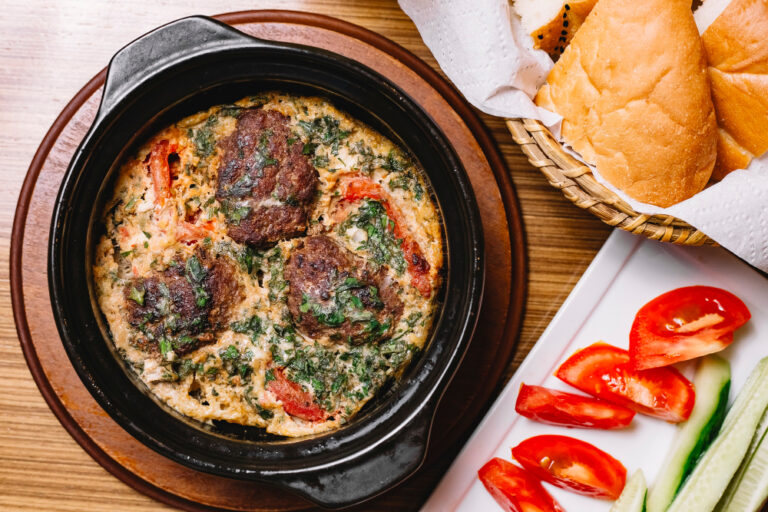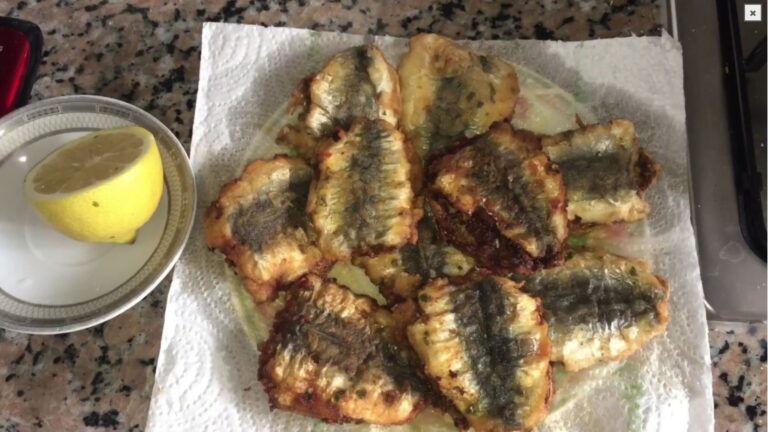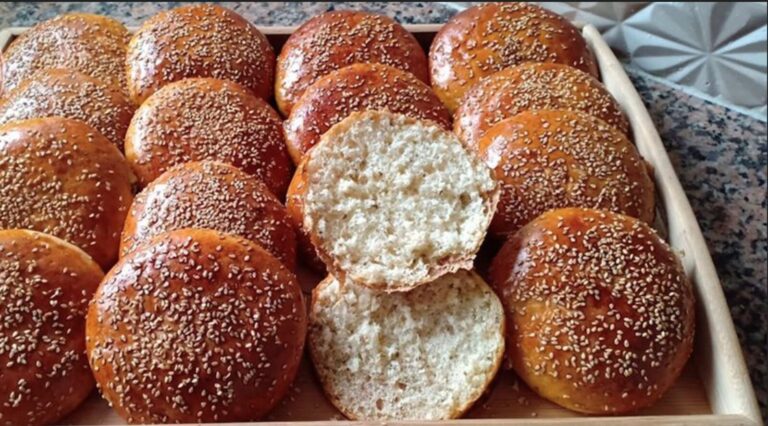
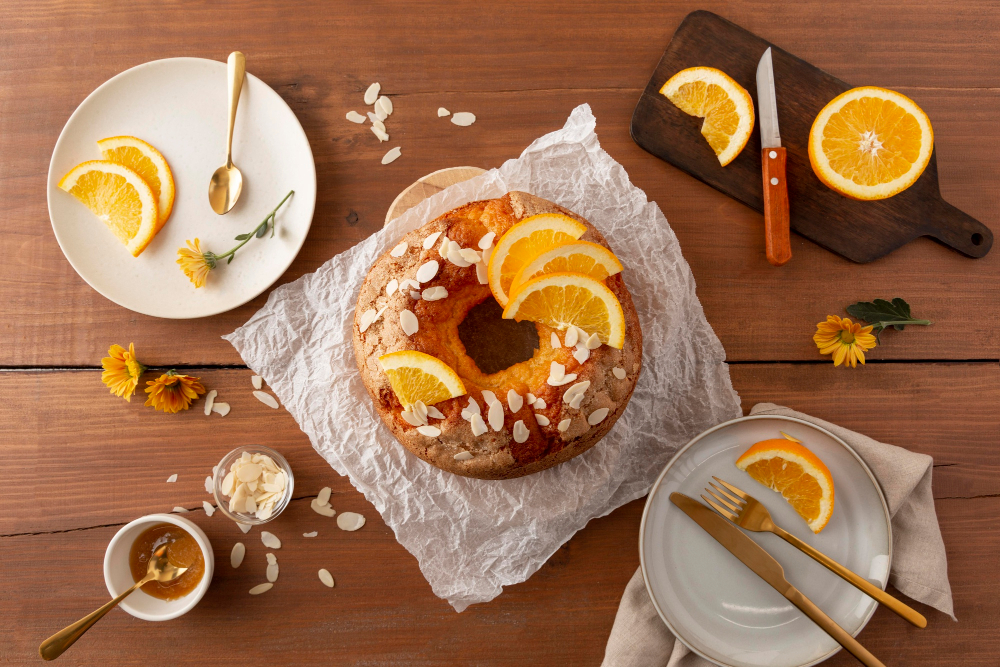
Travel through Morocco and you’ll quickly realize that the country’s charm is not only in its majestic landscapes, vibrant souks, or rich history, but also in the sweetness of its traditional desserts. Among these, one stands out for its simplicity and universal appeal: Meskouta Recipe – Traditional Moroccan Orange Cake.
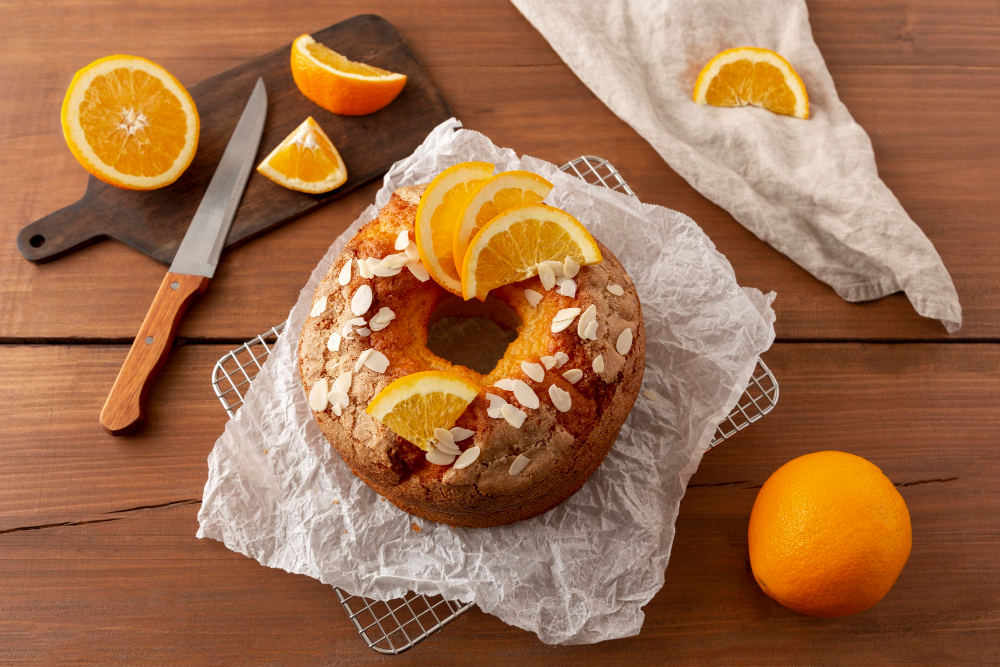
This humble cake, often baked in Moroccan homes, is light, moist, and infused with the fresh zest of oranges. It’s a treat you’ll find served during family gatherings, alongside mint tea, or after hearty Moroccan meals. For travelers and food enthusiasts, Meskouta is more than a dessert—it’s a window into Moroccan hospitality and culture.
In this article, we’ll explore the origins of Meskouta, where you might encounter it while traveling, cultural insights, and why this cake deserves a spot on your Moroccan food journey.
What is Meskouta?
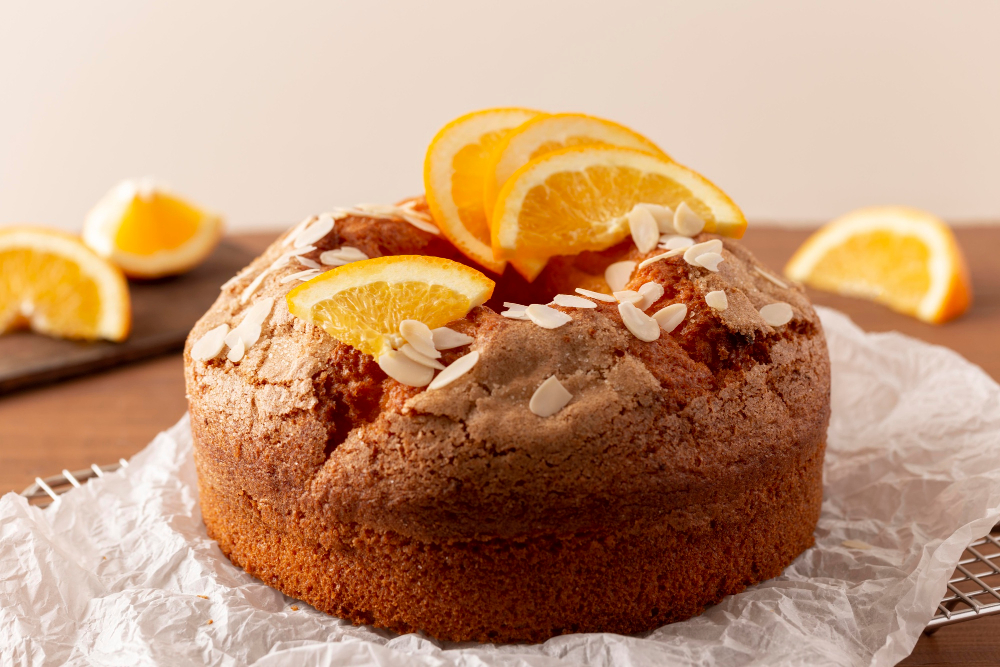
Meskouta, also spelled meskouta or mskouta, is a classic Moroccan sponge cake traditionally flavored with citrus, especially oranges. Some versions use lemons or vanilla, but the orange-scented variety remains the most beloved. Unlike elaborate pastries found in Moroccan bakeries, Meskouta is a homemade cake—the kind of dessert grandmothers prepare with simple pantry staples.
The cake requires no fancy equipment, only flour, sugar, eggs, oil, baking powder, and of course, fresh orange juice and zest. Its rustic nature makes it deeply comforting. While it might not look extravagant, its fragrant aroma and moist texture capture the essence of Moroccan home cooking.
Meskouta also reflects Morocco’s agricultural abundance. The country is a top producer of citrus fruits, especially around regions like Agadir and the fertile Souss Valley. Biting into a slice of Meskouta is like tasting the sunshine of Moroccan orchards.
Where to Experience Meskouta in Morocco

Family Homes and Hospitality
Meskouta is not typically a bakery showcase item. Instead, you’ll most often find it in Moroccan homes. If you’re invited to a family gathering in Casablanca, Rabat, or Marrakech, don’t be surprised if a slice of orange cake appears on the table with tea.
Cooking Classes
Many cooking schools in Marrakech, Fes, or Essaouira include Meskouta in their dessert lessons. These classes are a wonderful way for travelers to not only taste but also learn how to bake this iconic cake.
Rural Guesthouses
In the Atlas Mountains or coastal guesthouses, hosts often serve homemade Meskouta to welcome visitors. It pairs beautifully with mountain air, fresh fruit, and a steaming pot of tea.
Travel Tips and Cultural Insights

- Timing: Meskouta is a cake enjoyed all year round, though it feels particularly refreshing in spring when oranges are at their juiciest.
- Pairing: Traditionally, it’s served with Moroccan mint tea, but coffee also complements its citrusy flavor.
- Hospitality Symbol: Being offered Meskouta in a Moroccan home is a sign of warmth and friendliness. Always accept with gratitude.
- Affordable to Recreate: Because it’s made with simple ingredients, it’s one of the easiest Moroccan recipes to recreate when you return home.
- Cultural Connection: Unlike elaborate sweets made for weddings or holidays, Meskouta represents everyday Moroccan life.
Traveler Stories
Many visitors leave Morocco with fond memories of tasting Meskouta in unexpected settings. One traveler recounted her stay in a riad in Fes, where the owner baked a fresh Meskouta each morning. “The smell of oranges baking filled the courtyard,” she said, “and the first bite transported me into Moroccan family life.”
Another traveler in Essaouira joined a cooking class where Meskouta was the grand finale. “We had cooked tagine, prepared salads, but the cake was the simplest and most satisfying part of the experience,” he explained.
These stories highlight how Meskouta connects travelers with Moroccan homes and traditions in ways that go beyond restaurant menus.
Seasonal Insights and Recommendations
- Spring Citrus Season: The best time to enjoy Meskouta is during citrus season, typically from December through April, when oranges are at their peak.
- Ramadan Treat: While not as common as chebakia or sellou, Meskouta sometimes appears on Ramadan iftar tables as a light sweet to balance savory dishes.
- Festive Touch: For special occasions, Moroccans may dust the cake with powdered sugar or glaze it with an orange syrup, though the basic recipe is most traditional.
- Travel Idea: If visiting Morocco during citrus season, plan a trip to agricultural areas like Taroudant or Agadir, where you’ll find fresh oranges and perhaps taste local variations of the cake.
FAQ About Meskouta Recipe – Traditional Moroccan Orange Cake
What is Meskouta made of?
Meskouta is a simple Moroccan sponge cake made with flour, sugar, eggs, oil, baking powder, and flavored with fresh orange juice and zest.
Is Meskouta a street food or a homemade dessert?
Meskouta is primarily a homemade dessert, often baked in Moroccan households rather than sold in street stalls. It’s a comfort food linked to family gatherings.
When is Meskouta usually eaten in Morocco?
Meskouta is enjoyed throughout the year, often served with mint tea in the afternoon or as a light dessert after meals. It may also appear during Ramadan or family celebrations.
Can I make Meskouta at home?
Yes, Meskouta is one of the easiest Moroccan recipes to make at home. With just a handful of ingredients, you can recreate its authentic flavor in your own kitchen.
Is Meskouta always made with oranges?
Traditionally, oranges are the most popular flavoring, but variations with lemon or vanilla also exist depending on the household.
Conclusion
The Meskouta Recipe – Traditional Moroccan Orange Cake is more than a dessert—it’s a slice of Moroccan culture. With its bright citrus flavor and comforting simplicity, it embodies the essence of Moroccan hospitality. Whether you taste it in a rural guesthouse, bake it during a cooking class, or share it in a family home, Meskouta offers a delicious way to connect with Morocco.
So, next time you plan your Moroccan journey, don’t just explore the souks or the Sahara—make space for the sweet moments too. And if you’re craving a piece of Morocco after your trip, try baking Meskouta at home. One bite will take you back to the warmth of Moroccan kitchens and the unforgettable flavors of this magical country.

